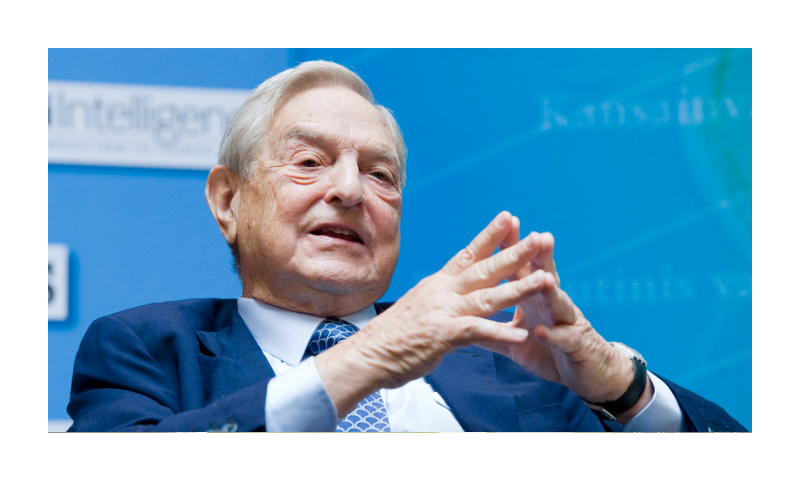Yair Rosenberg
The Atlantic, May 16, 2023
“These days, if you want to find the latest conspiracy theories trending on Twitter, the easiest thing to do is to check tweets Elon Musk replies to, you’ll find most of them.”
Last night, Elon Musk made two rookie social-media mistakes: He tweeted after 10 p.m., and he echoed paranoid anti-Semitic conspiracy theorists. “George Soros reminds me of Magneto,” he declared, likening the financier to the Marvel supervillain, both of them Jewish Holocaust survivors. In case the meaning was unclear, Musk quickly clarified to another user, “He wants to erode the very fabric of civilization. Soros hates humanity.”
Criticizing George Soros is not inherently anti-Semitic. He is one of the world’s richest men and most influential philanthropists, as well as the Democratic Party’s largest single donor, and his views undoubtedly warrant scrutiny and debate. But Musk was not taking issue with a particular statement or position put forward by Soros; he was presenting him as an avatar of evil. He painted Soros as a literal comic-book villain.
This is the language of anti-Semitism through the ages, which perpetually casts powerful Jewish actors as the embodiment of social and political ill. Rather than treat Jews like humans, who are fallible and often mistaken, this mindset refashions them into sinister superhumans who intentionally impose their malign designs on the masses. In recent years, Soros has been a particular target of this treatment, but any Jew or Jewish institution that accumulates some measure of wealth or status tends to attract it, whether the Rothschilds or the state of Israel. In such cases, legitimate criticism is overtaken by conspiracy; the issue is no longer the conduct of the Jewish actor but their very essence.
” … [To read the full article, click here]


